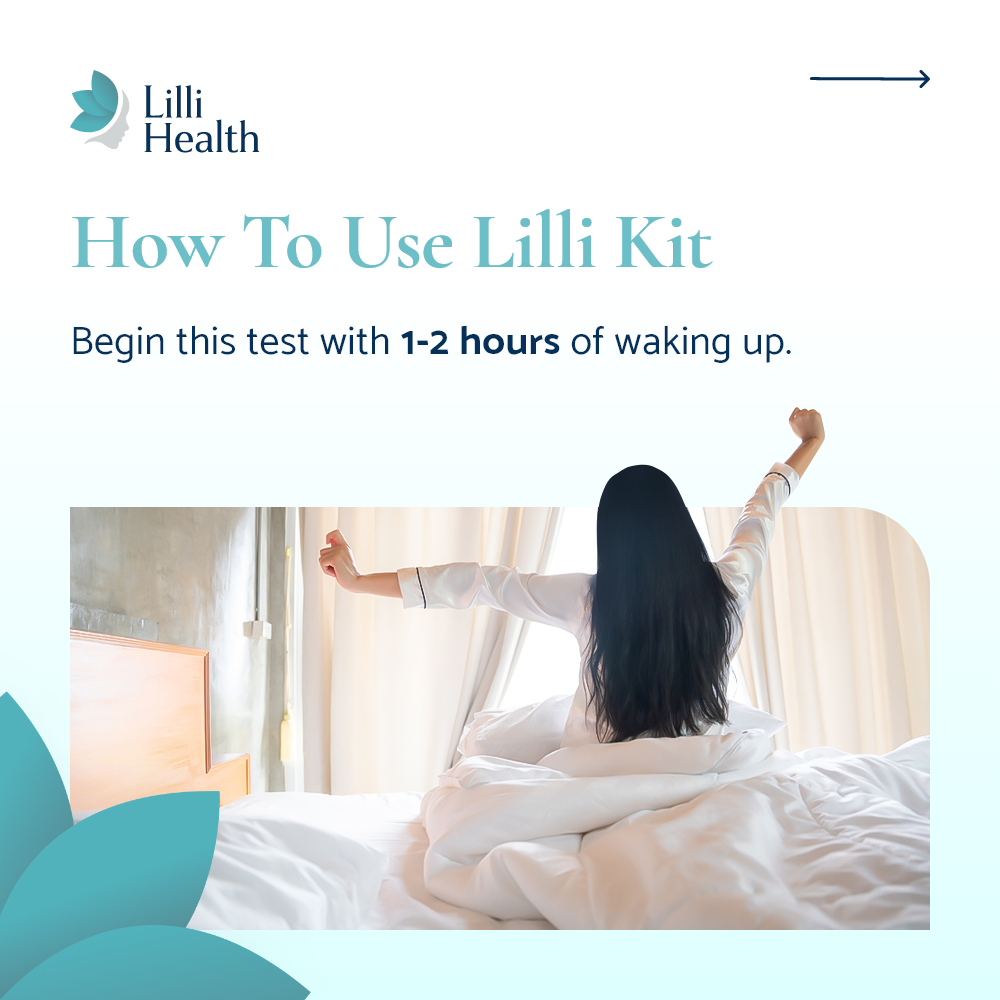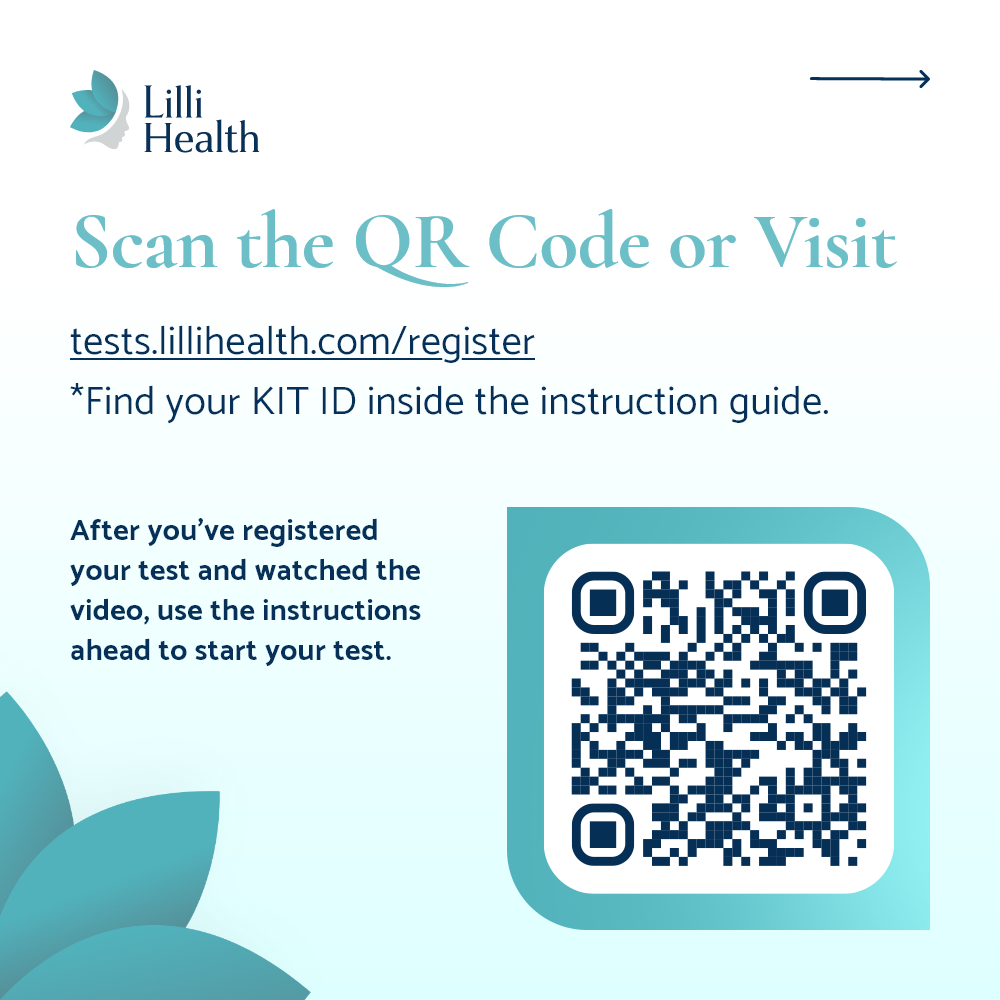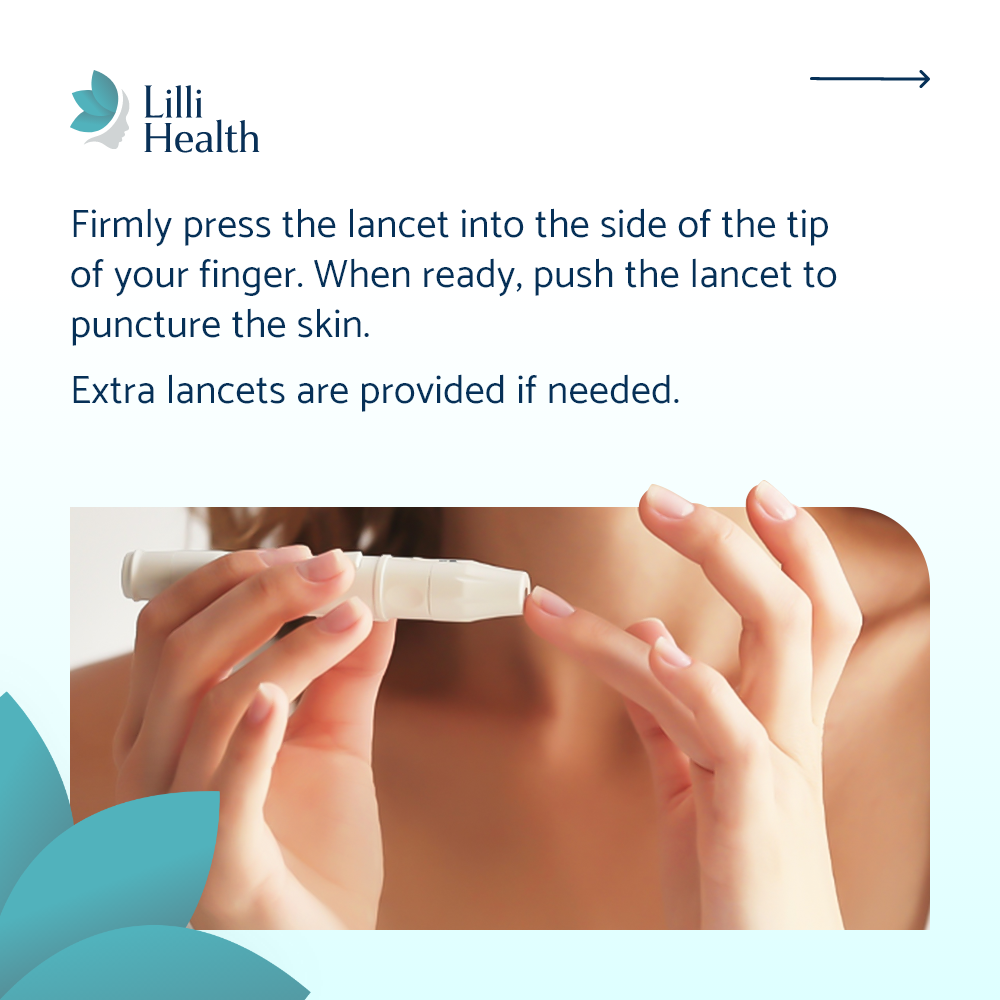
In recent years, the buzz around GLP-1 drugs like Ozempic, Mounjaro, and Wegovy has skyrocketed as they promise significant weight loss and better control of blood sugar levels. While these medications can be effective, they often come with side effects and aren’t always a sustainable solution. What if you could naturally boost your GLP-1 levels, improve your appetite control, and achieve lasting weight loss without relying on medication? Adopting a Low Insulin Lifestyle might be the key. Let’s explore how this lifestyle can help you harness the power of GLP-1 naturally.
The Role of Insulin and GLP-1 in Appetite Regulation
Insulin is a hormone produced by the pancreas in response to glucose and amino acids. Its primary role is to facilitate the uptake of glucose into cells, thus lowering blood glucose levels. However, when we consume foods that cause frequent and large spikes in insulin—such as starches, sugars, milk, and whey—our bodies can become less responsive to insulin, leading to chronic high insulin levels, or hyperinsulinemia.
This is where GLP-1 comes in. GLP-1 is a hormone secreted by the gut in response to food intake, and it plays a significant role in regulating appetite. GLP-1 works by:
- Slowing Gastric Emptying: This means food stays in the stomach longer, making you feel full for a more extended period.
- Promoting Satiety: GLP-1 acts on the brain to enhance feelings of fullness and reduce food intake.
- Enhancing Insulin Secretion: In response to food, GLP-1 stimulates the pancreas to release insulin, but importantly, it does this in a glucose-dependent manner, meaning it helps keep blood sugar levels stable without causing large insulin spikes.
How High Insulin Levels Affect GLP-1
Chronic high insulin levels can suppress the release of GLP-1 from the gut. This suppression can lead to reduced satiety signals and increased appetite, making it harder to control food intake and leading to weight gain. Essentially, high insulin levels can create a vicious cycle where your body craves more food, particularly high-carbohydrate and high-sugar foods that continue to spike insulin levels.
The Benefits of a Low Insulin Lifestyle
Adopting a Low Insulin Lifestyle involves limiting or avoiding foods that cause significant insulin spikes. Instead, the focus is on whole, minimally processed foods that support stable blood sugar and insulin levels. In our studies, participants followed this lifestyle without calorie restriction, and yet their food diaries showed they naturally consumed about 1450 calories per day, with a balanced macronutrient profile:
- 72g fat (44% monounsaturated, 22% polyunsaturated, 27% saturated)
- 94g carbohydrate
- 25g fiber
- 98g protein
These dietary changes resulted in significant weight loss and improved metabolic health markers, all while allowing participants to eat to their satisfaction. The natural regulation of appetite observed in these studies is likely due to increased GLP-1 secretion from the gut as a result of lower insulin levels.
Clinical Results Supporting a Low Insulin Lifestyle
Our clinical studies have demonstrated the effectiveness of a Low Insulin Lifestyle in improving metabolic health and supporting weight loss:
- PILOT Study: In a prospective 8-week intervention with 24 overweight and obese women with PCOS, significant reductions were observed in weight (−19 lbs), BMI (−3.25 ± 0.88 kg/m2), waist circumference (−8.4 ± 3.1 cm), and fasting insulin (−17.0 ± 13.6 μg/mL). Additionally, patient-reported outcomes showed significant improvements in quality of life and binge eating scores.
- METABOLIC Study: In another 8-week study with 10 women with PCOS, participants saw increased fat oxidation and significant weight loss (−18 lbs) along with reductions in fasting insulin (−19.5±8.9μg/mL). These changes were linked to improved metabolic efficiency and fat oxidation.
- Randomized Controlled Trial: Sixty women with PCOS were randomized into face-to-face instruction, web-based instruction, and traditional care groups. The Low Insulin Lifestyle groups showed greater improvements in HbA1c and BMI compared to the control group. The web-based group also had a significant reduction in triglycerides.
These results highlight that a Low Insulin Lifestyle is not only effective for weight loss but also a sustainable and natural way to boost GLP-1 levels and control appetite without relying on medications.
Comparing Low Insulin Lifestyle to Medications
Medications like Ozempic (semaglutide), Mounjaro, and Wegovy are designed to mimic GLP-1 and are used to help control blood sugar and appetite in people with type 2 diabetes. In clinical trials, patients on these medications lost an average of 30 pounds over six months. While this might sound impressive, it’s important to consider the sustainability and potential side effects of long-term medication use.
In contrast, the Low Insulin Lifestyle not only matched but often exceeded these weight loss results in our studies, all while allowing participants to eat to their satisfaction and avoid the potential downsides of medication.
References:
Sho H, Fukui K, Yoneda S, Toyoda S, Ozawa H, Ishibashi C, Fujita Y, Eguchi H, Kozawa J, Shimomura I. Insulinoma induces a hyperinsulinemia-mediated decrease of GLUT2 and GLP1 receptor in normal pancreatic β-cells. Biochem Biophys Res Commun. 2021 Jan 1;534:702-706. doi: 10.1016/j.bbrc.2020.11.014. Epub 2020 Nov 14. PMID: 33199025
Pohlmeier AM, Phy JL, Watkins P, Boylan M, Spallholz J, Harris KS, Cooper JA. Effect of a low-starch/low-dairy diet on fat oxidation in overweight and obese women with polycystic ovary syndrome. Appl Physiol Nutr Metab. 2014 Nov;39(11):1237-44. doi: 10.1139/apnm-2014-0073. Epub 2014 Aug 11. PMID: 25109619
Phy JL, Pohlmeier AM, Cooper JA, Watkins P, Spallholz J, Harris KS, Berenson AB, Boylan M. Low Starch/Low Dairy Diet Results in Successful Treatment of Obesity and Co-Morbidities Linked to Polycystic Ovary Syndrome (PCOS). J Obes Weight Loss Ther. 2015 Apr;5(2):259. doi: 10.4172/2165-7904.1000259. PMID: 26225266
Benjamin Jackson, MS, Raina Kishan, BS, Caitlyn Mullins, PhD Student, Seungman Kim, PhD Candidate, Jaou-Chen Huang, MD, Jennifer L. Phy, D.O. NUTRITIONAL EDUCATION FACE-TO-FACE AND VIDEO INSTRUCTION) FOR POLYCYSTIC OVARY SYNDROME RESULTS IN GREATER REDUCTION IN BMI AND HEMOGLOBIN A1C THAN CALORIC RESTRICTION, EXERCISE AND METFORMIN. ABSTRACT| VOLUME 118, ISSUE 4, SUPPLEMENT E95, OCTOBER 2022































